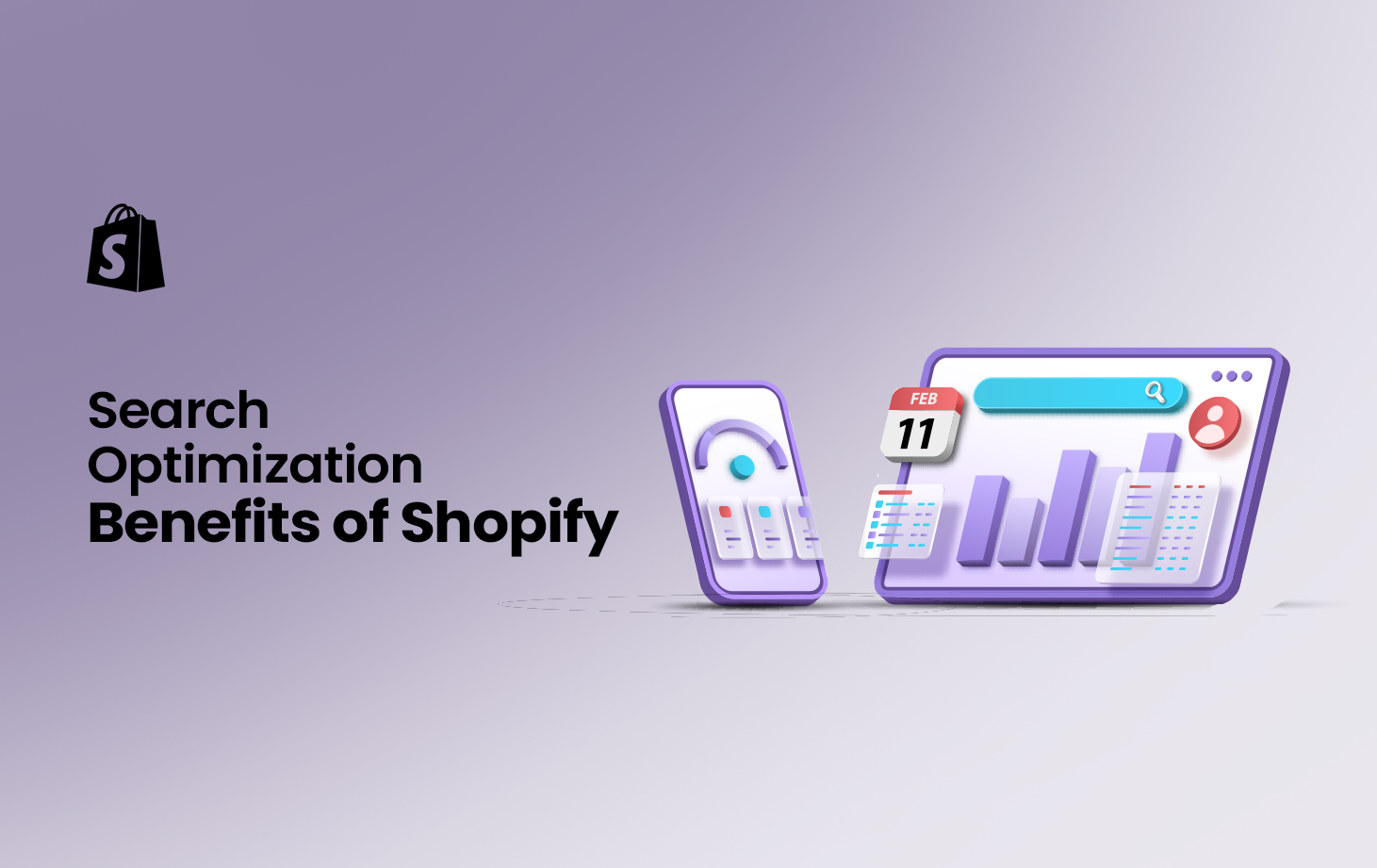Table of Content
With Shopify, one of the most well-known e-commerce platforms, businesses can create and manage their own online stores. However, growing organically is a huge consideration and an e-commerce platform with search engine optimization tools is a plus point. In fact, according to Bright Edge, SEO drives 1,000%+ more traffic than organic social media.
Our in-depth analysis of the advantages and disadvantages of Shopify for search engine optimization (SEO) will help you decide if it is the right e-commerce platform choice for your online business.
Search Engine Optimization Benefits of Shopify

Internal Search Engine Optimization (SEO) Tools Some basic SEO tools are embedded into Shopify automatically. These comprise, among others:
Automated XML Sitemap Generation: Shopify allows merchants to automatically produce sitemaps, which makes it easier for search engines to scan and index your product pages.
Meta Description & Title Tag Optimization: Optimizing page names and descriptions for relevant keywords is made possible by the ability to edit the meta description and title tag.
Canonical Tags: A canonical tag, sometimes referred to as a canonical link or "rel canonical," is a tag in a page's source code that alerts search engines to the existence of a master copy of the page. Canonical tags are used to prevent duplicate content (which can be harmful to search engine optimization effectiveness) and assist search engines index the right URL.
Mobile Optimized: In the current world, where mobile devices rule, delivering a fantastic user experience and raising search engine rankings need mobile-friendly themes, which Shopify provides on their theme store.
Vast Content Creation Options: With Shopify, you have greater content creation options and may create worthwhile material that extends beyond product pages. Use landing pages, blogs, and other material to build your brand as an authority, draw in organic visitors, and raise keyword ranks.
Quick & Easy Integration with Search Engine Optimization (SEO) Apps: There is a vast list of SEO plugins and apps on the Shopify App Store. These might help you with tasks like researching keywords, improving on-page content, analyzing competitors, and building links.
Quick Page Loading Speed: Page speed is very important to Shopify since it is a ranking factor in search engines. More quickly loading times are made possible by this priority. Their servers have been tuned to provide content quickly.
Search Engine Optimization Drawbacks of Shopify
-
Limited URL Structure:
Product IDs are included in the pre-defined URL format that Shopify uses. Shopify gives users only limited flexibility over URL structure. While it works, compared to fully personalized URLs, it might not be the ideal choice for user experience or keyword targeting.
-
Limited Blog Functionality:
While Shopify does permit blogging, its features are not as extensive as those of specialized blogging platforms like WordPress. As such, content strategy and customizing options could be constrained.
-
Prioritizes Products Over Content:
Shopify's main competitive edge is its product management. Although creating content is doable, it could need more effort to have it flow naturally with your product offers.
-
Dependency on Shopify Apps:
While the Shopify App Store offers access to strong features, these apps usually have extra costs. This could put immense pressure on newly formed companies or those with a limited budget.
Getting Shopify Search Engine Optimized
Though it has limitations, Shopify offers a solid platform for search engine optimization success. Following are some ways to enhance your Shopify store:
- Keyword Research: Find relevant keywords your target market is searching for and try to incorporate them into your product descriptions, titles, and content.
- Produce Valuable Content: Create useful and engaging landing pages, articles, and blog entries that show off your expertise and provide value to your readers.
- Optimize Images: Optimizing images is about adding relevant keywords into the alt tags of the images and reducing the size of the images to get quicker loading times.
- Link Internally: Building a strong internal linking system that links to important pages on your store is important. This will make the hierarchy shown on your website understandable to search engines.
- Perform Technical SEO: Delivering the greatest possible user experience and search engine crawling requires that the code structure be clean, mobile devices be responsive, and the robots.txt file be correctly configured.
- Build Backlinks: backlinks are links from other websites to your own and are the backbone of off-page search engine optimization. They play a huge role in raising your domain authority and search engine ranking.
Shopify Vs Other E-commerce Platforms For SEO

With a few small differences, many major e-commerce platforms such as BigCommerce might offer SEO features similar to Shopify's.
In addition, many notable content management systems like WordPress and Woocommerce Allow more flexibility with URL structure, blog functionality, and content personalization, which could lead to more search engine optimization possibilities; but, managing these features calls for more technical know-how.
Check out Top 8 AI Trends In E-commerce 2024
Conclusion
Shopify gives search engine optimization (SEO) a solid basis with its integrated features and app connections. Still, it requires a more deliberate search engine optimization approach than systems with more content flexibility. If you are familiar with customizing and are prepared to dedicate a budget to search engine optimization software, Shopify is a powerful platform that you should utilize for your online store. Conversely, WordPress or another content management system (CMS) might be a preferable choice if content is the main focus of your business plan.
Finally, your specific needs and the available resources will dictate the best platform. Make your decision considering your financial limitations, degree of technical expertise, and goals you want to accomplish with content creation.










